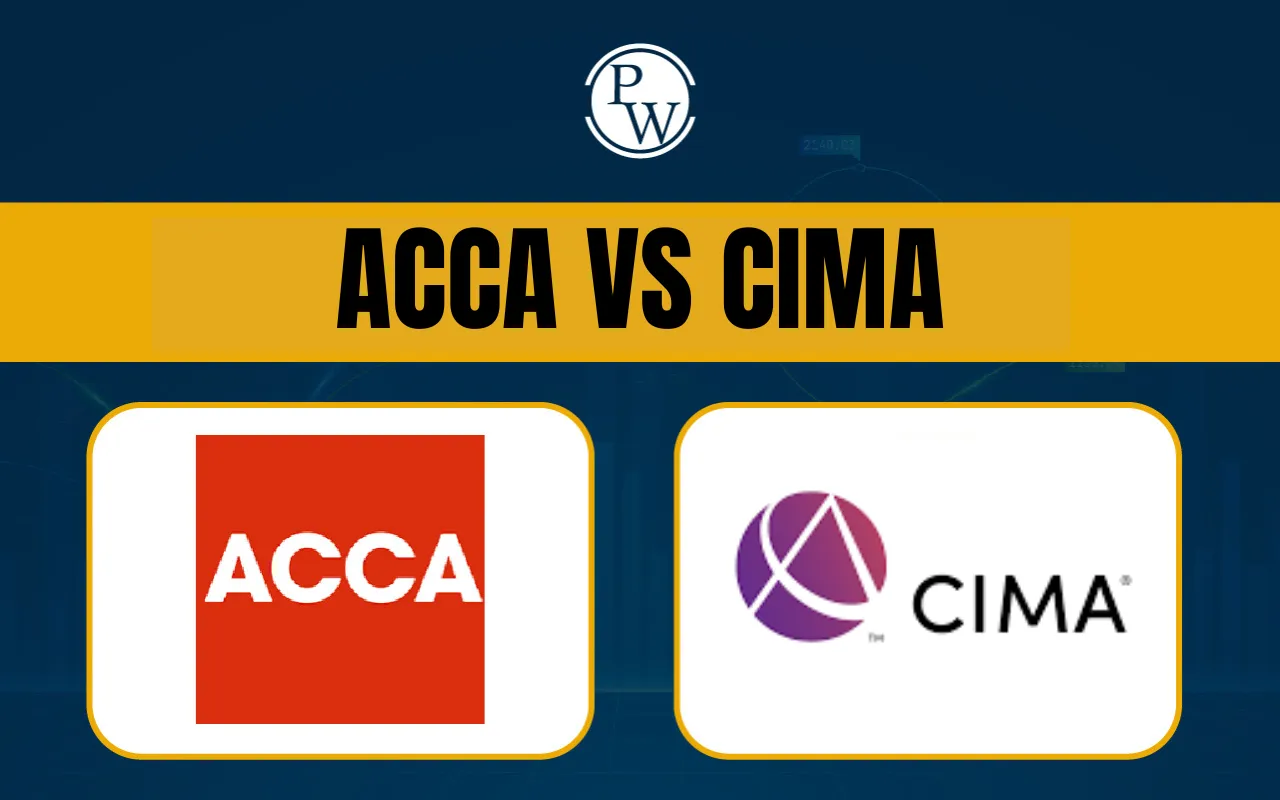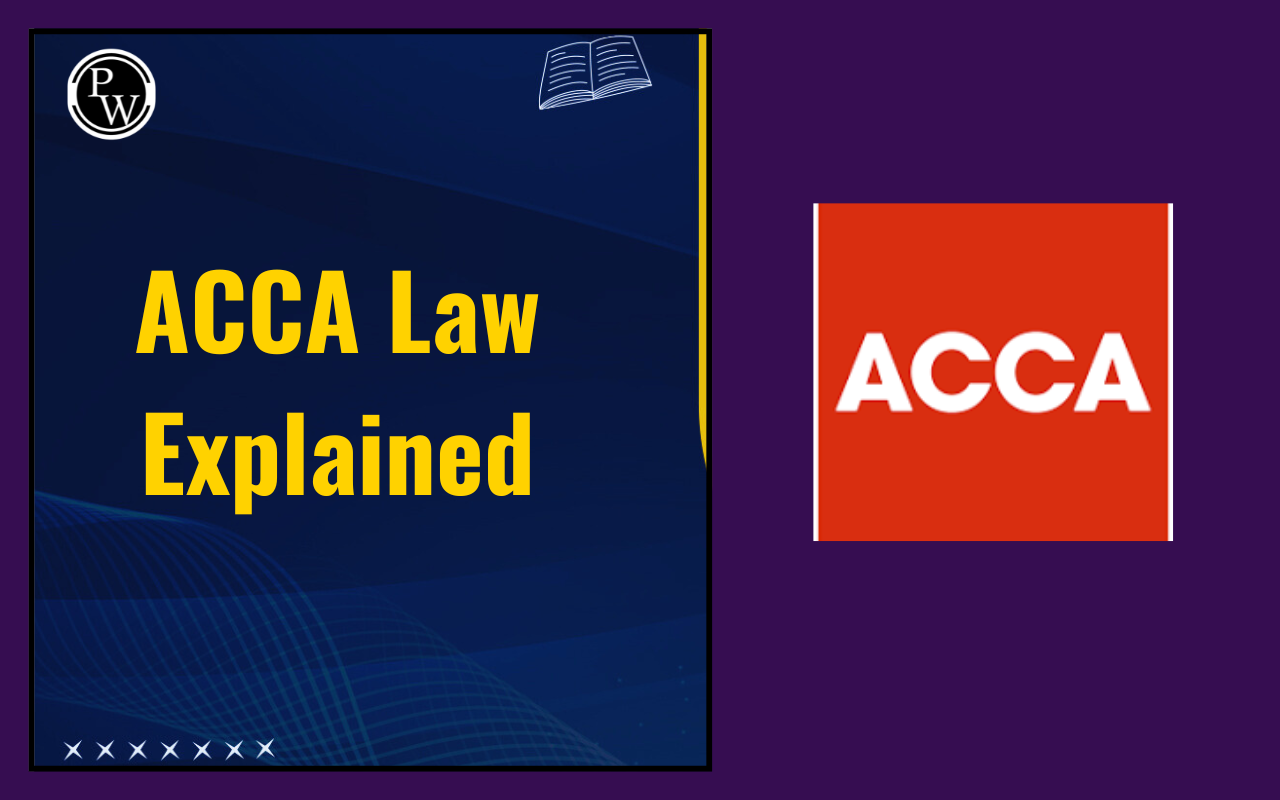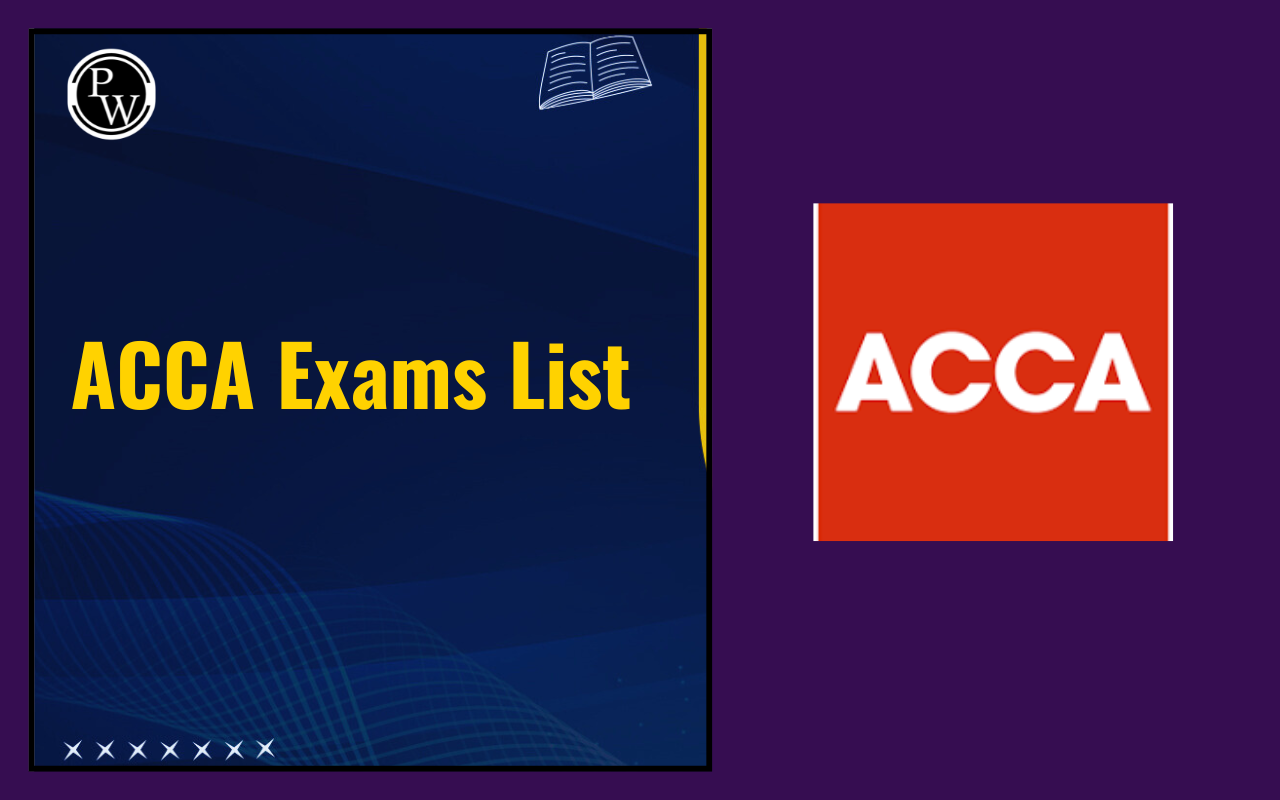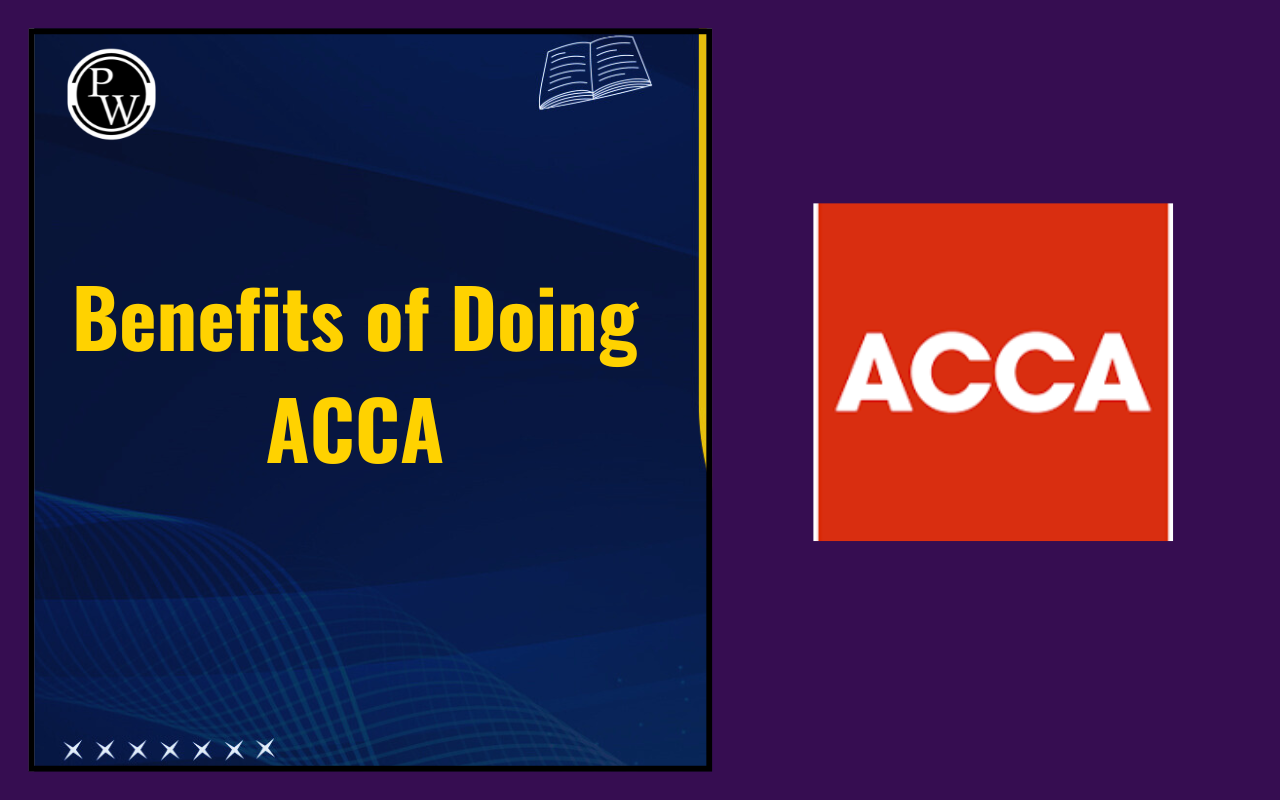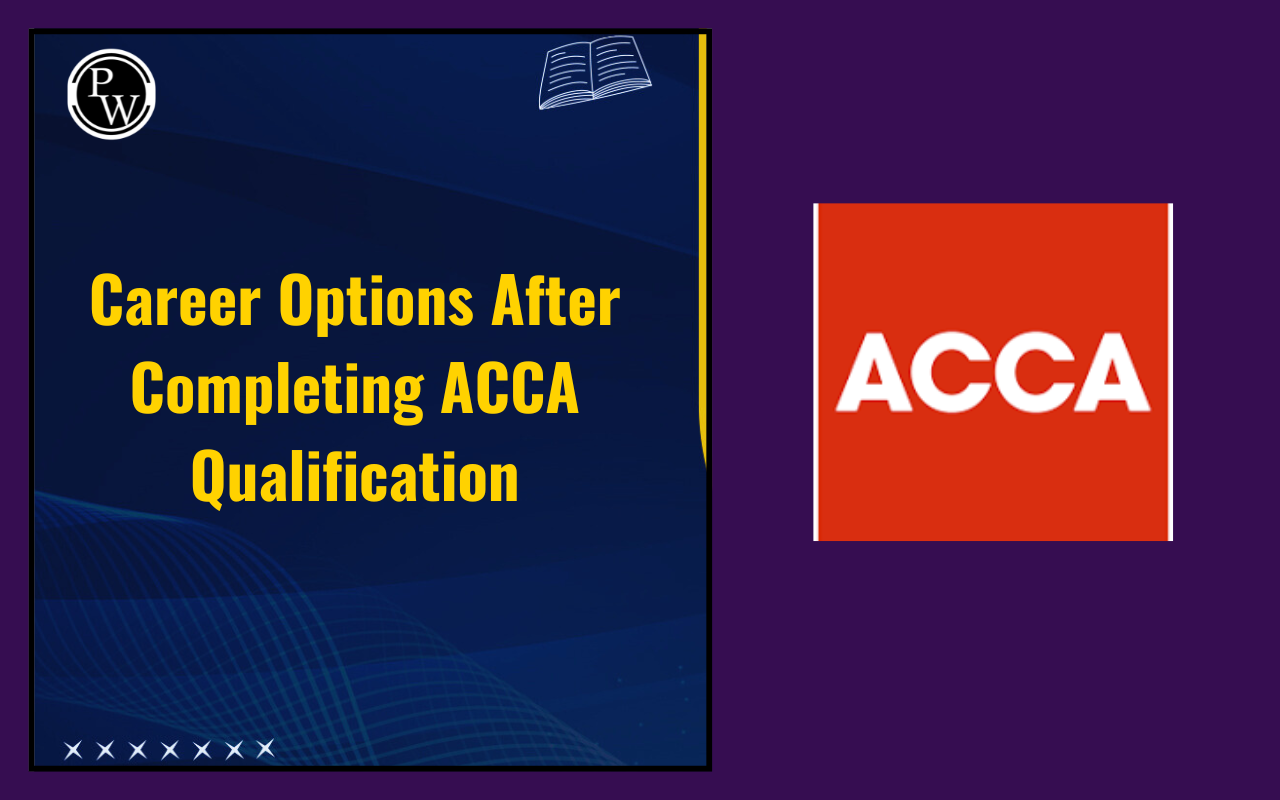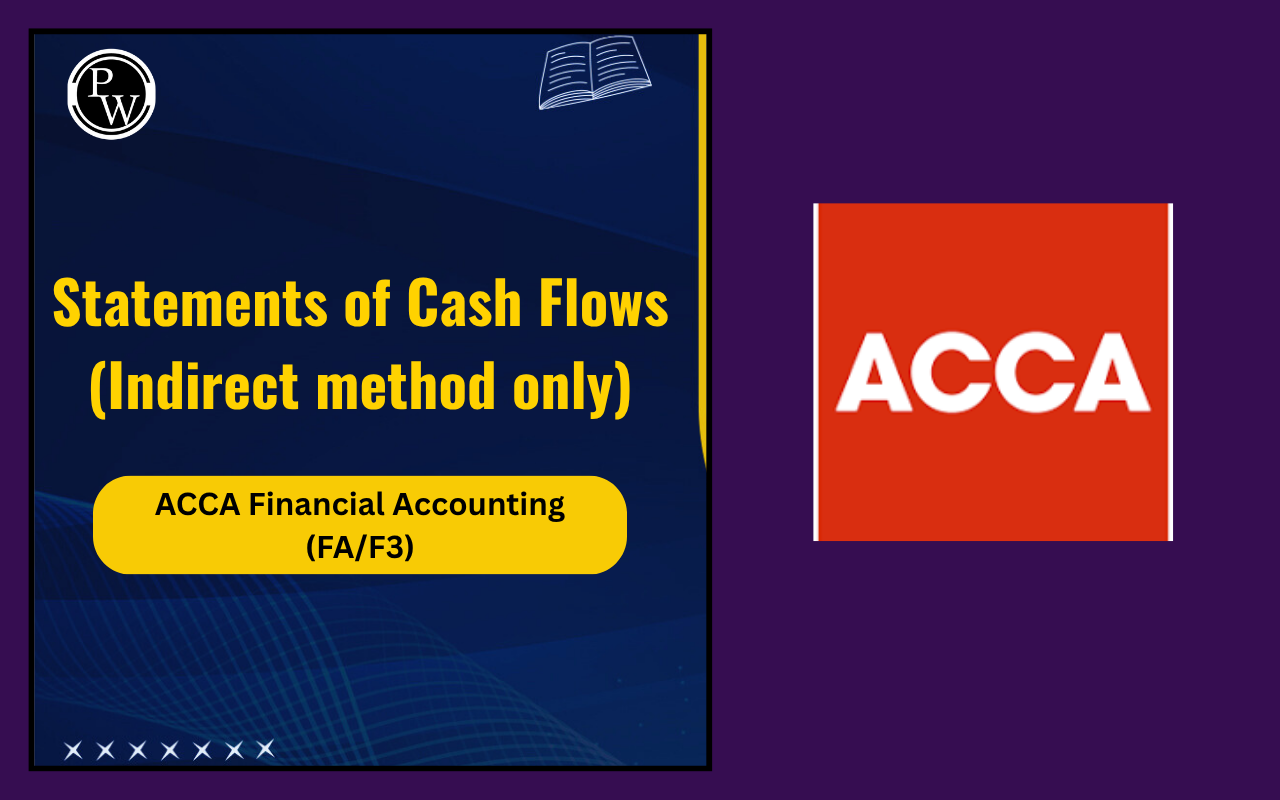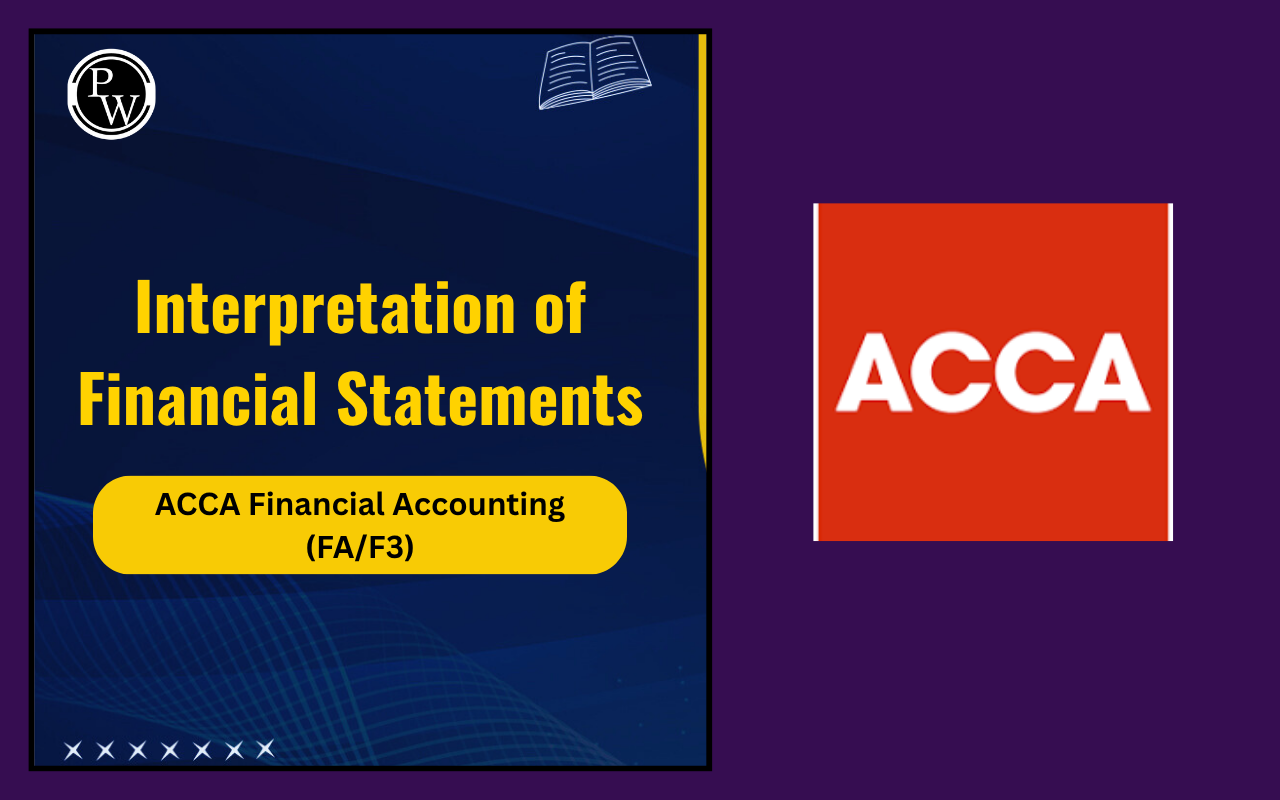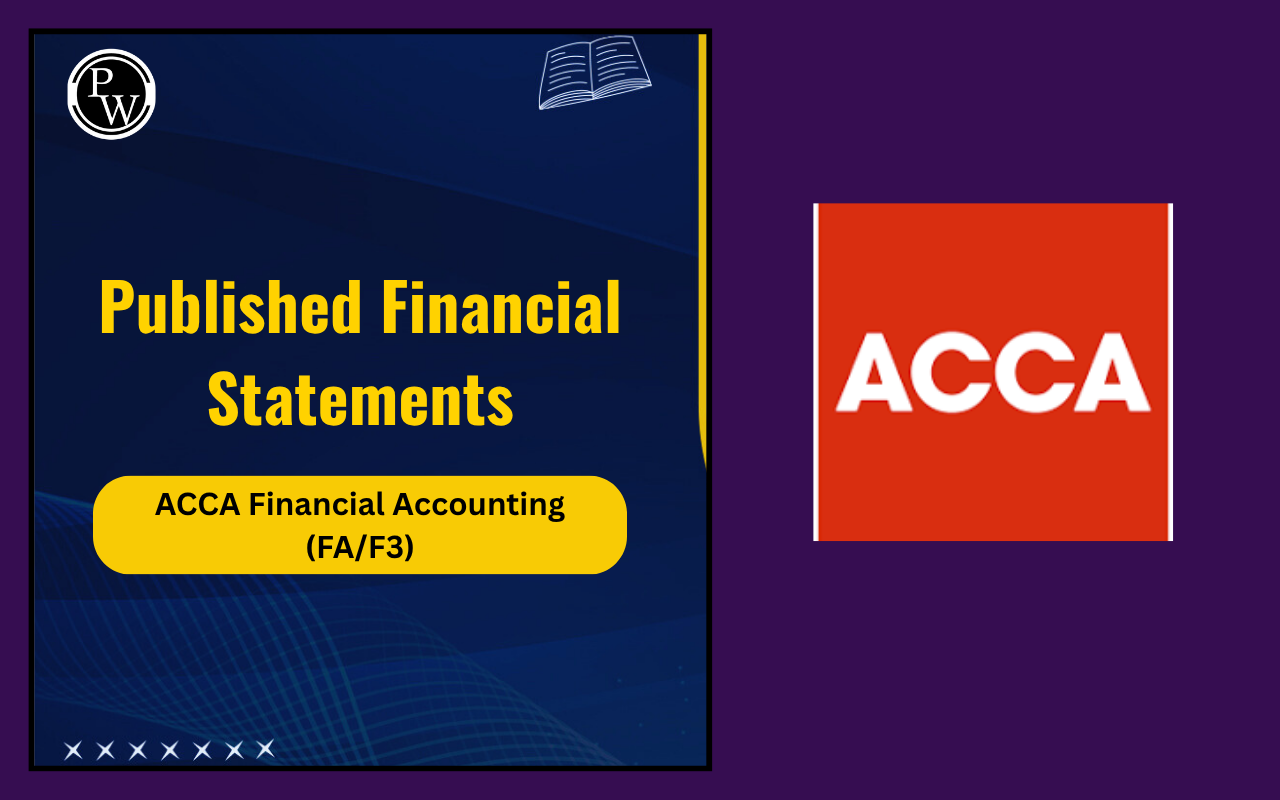
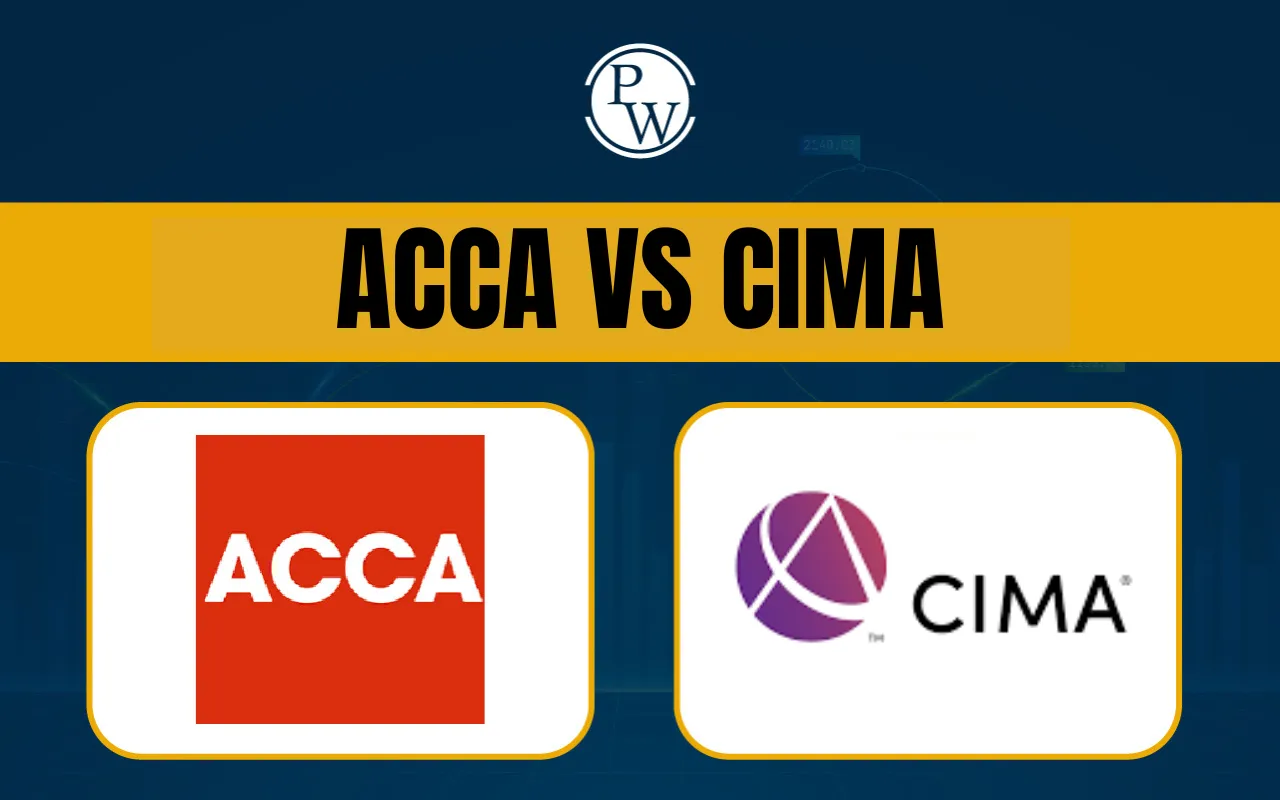
Choosing between ACCA Vs CIMA can be a challenging decision for students aspiring to build a global career in accounting and finance. Both these courses hold international recognition, but their focus areas and career paths differ significantly.
ACCA (Association of Chartered Certified Accountants) is ideal for those who wish to become Chartered Accountants, whereas CIMA (Chartered Institute of Management Accountants) is best suited for those aiming for management accounting and strategic financial roles. Read a detailed comparison of ACCA Vs CIMA to help you decide which one aligns with your career aspirations.
What is ACCA?
The ACCA qualification is one of the most prestigious accounting courses worldwide. It is designed for students who aspire to become Chartered Accountants and work in audit, taxation, and financial reporting. The course covers core accounting principles, including Taxation, Financial Management, Audit, and Assurance.
The ACCA certification allows professionals to work in various sectors, including corporate finance, consulting, and advisory services. It is recognized in over 180 countries, making it an excellent choice for those who want a global career in accounting.
What is CIMA?
The CIMA qualification is tailored for individuals interested in management accounting and business strategy. Unlike ACCA, which focuses primarily on accounting principles, CIMA integrates finance with business management. The course emphasizes strategic decision-making, financial analysis, and risk management.
CIMA professionals often work as Financial Controllers, Business Analysts, and Strategic Advisors. The qualification is recognized worldwide, but it is particularly valued in industries requiring financial planning and performance management expertise.
ACCA Vs CIMA Comparison
Choosing between ACCA and CIMA depends on your career aspirations. ACCA is ideal for Chartered Accountancy, while CIMA focuses on management accounting and business strategy. Below is a detailed comparison.
|
ACCA Vs CIMA |
||
|
Aspect |
ACCA (Association of Chartered Certified Accountants) |
CIMA (Chartered Institute of Management Accountants) |
|
Organizing Body |
ACCA Global |
CIMA Global |
|
Course Focus |
Accounting, Auditing, and Taxation |
Management Accounting & Strategy |
|
Duration |
6 months to 2 years |
3 to 4 years |
|
Eligibility |
10+2 with 65% in Maths/Accounts |
Open for Class 10th and above |
|
Job Roles |
Auditor, Tax Consultant, Financial Accountant |
Financial Controller, Business Analyst |
|
Global Recognition |
Recognized in 180+ countries |
Valued globally, especially in corporate finance |
|
Exam Structure |
13 papers divided into 3 levels |
16 exams across 4 levels |
|
Salary in India |
₹6-8 LPA |
₹5-8 LPA |
ACCA vs CIMA Duration
The duration of ACCA Vs CIMA varies significantly. The ACCA qualification typically takes between 6 months to 2 years to complete, depending on the number of exemptions a candidate receives. Students need to pass 14 exams, and exemptions are granted based on prior education and qualifications. Additionally, ACCA requires candidates to complete three years of practical work experience before they can earn the Chartered Accountant designation.
On the other hand, CIMA generally takes 3 to 4 years to complete, as it consists of 16 exams divided into four levels: Operational, Management, Strategic, and Professional. However, candidates with relevant educational backgrounds can receive exemptions for up to 11 exams, potentially completing the course in about 2 years.
ACCA vs CIMA Eligibility
The eligibility requirements for ACCA Vs CIMA differ slightly. To enroll in ACCA, students must have completed their 10+2 education with at least 65% in Mathematics/Accounts and English and a minimum of 50% in other subjects. Those who do not meet these criteria can still register through the Foundation in Accountancy (FIA) route.
For CIMA, the eligibility criteria are more flexible. Candidates with a Class 10th passing certificate, O-level, A-level, or an undergraduate degree can apply. Additionally, those with professional qualifications such as an MBA or prior accounting certifications can receive exemptions and fast-track their CIMA qualification.
ACCA vs CIMA Salary and Job Opportunities
The salary prospects for ACCA Vs CIMA professionals depend on their experience and job role. ACCA professionals typically earn between INR 6 to 8 LPA in India, with higher salaries available in international markets. They often find employment in accounting firms, financial advisory roles, and corporate finance.
CIMA professionals, on the other hand, earn between INR 5 to 8 LPA in India, with salaries increasing as they gain experience in management accounting and financial strategy. They are often hired by multinational companies in roles that require financial planning and decision-making expertise.
ACCA vs CIMA Course Fees
The cost of ACCA Vs CIMA courses also varies. The total cost for ACCA ranges from £1,500 – £2,000, including registration, exam fees, and annual subscription fees. CIMA is slightly more expensive, with a total cost of around £2,500 – £3,000, covering registration, exemptions, and exam fees.
ACCA vs CIMA Exam Structure
The ACCA course consists of three levels: Knowledge, Skill, and Professional, with exams held four times a year. The Knowledge level exams are available on demand, while the higher-level exams follow a fixed schedule.
In contrast, CIMA is divided into four levels: Operational, Management, Strategic, and Professional. CIMA exams are held throughout the year, with on-demand computer-based assessments and quarterly case study exams.
Choosing between ACCA Vs CIMA depends on your career goals. If you are inclined towards a traditional Chartered Accountant role focusing on taxation, audit, and financial management, then ACCA is the best choice.
However, if you are more interested in strategic financial planning and business management, then CIMA will be a better fit. Both qualifications offer excellent career opportunities and global recognition, so your decision should align with your long-term professional aspirations.
| Also Check: | |
| ACCA VS CPA | ACCA Vs CMA |
| ACCA VS IFRS | ACCA Vs CA |
ACCA Vs CIMA FAQs
Which is better, ACCA or CIMA?
Can I pursue both ACCA and CIMA?
Is ACCA more recognized than CIMA?
What is the passing percentage of ACCA and CIMA?

